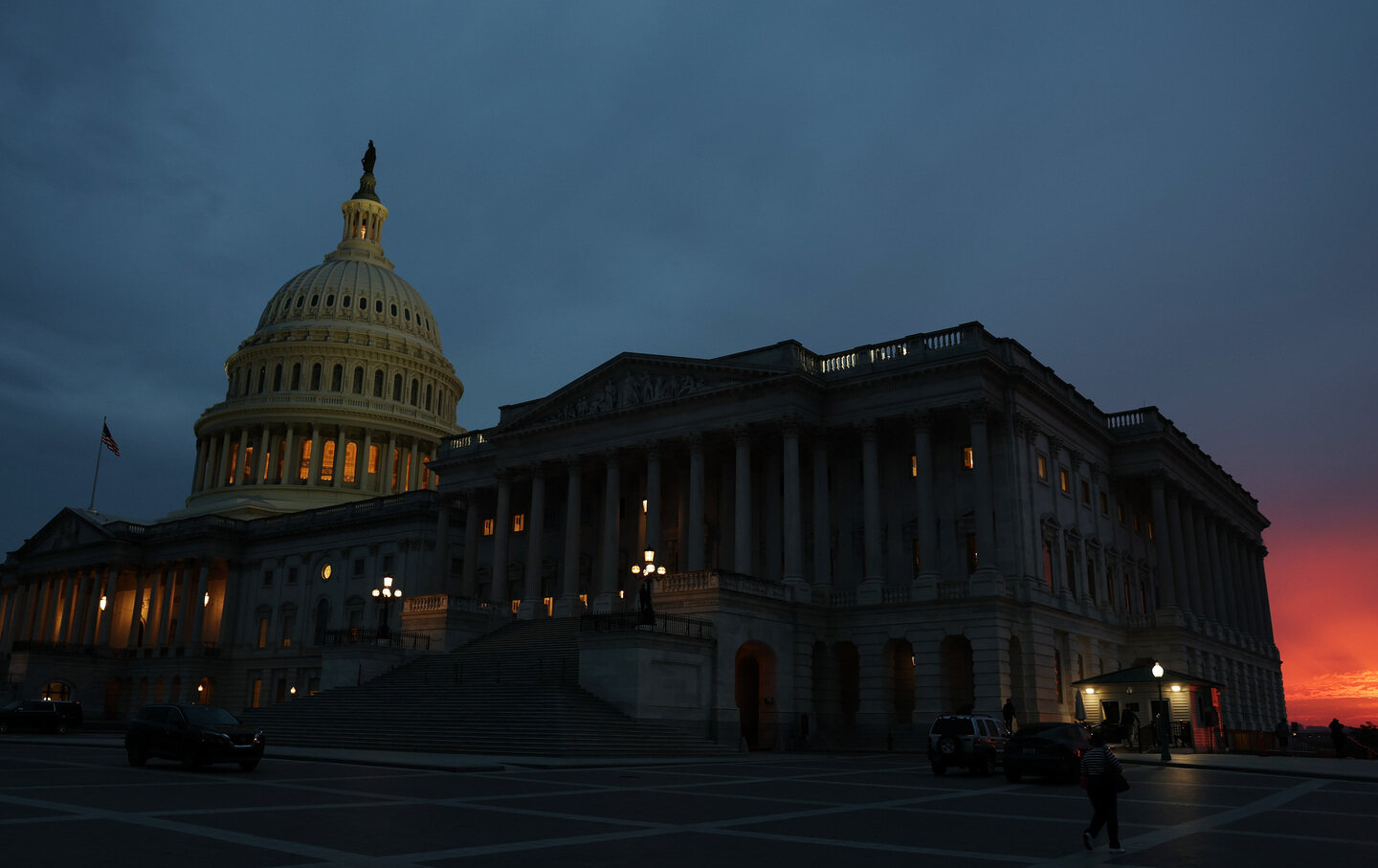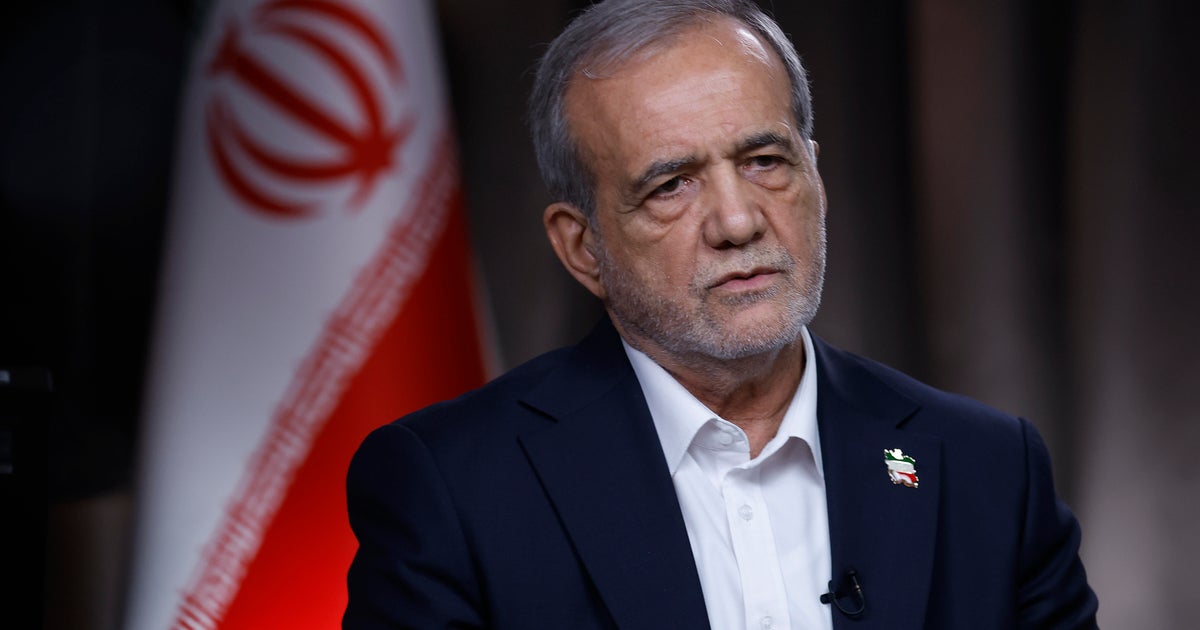
Scrolling through social media, Alexandra recognized the grim reality that her new job was slipping away. A prominent account on X, boasting over 500,000 followers, had reposted a screenshot of her Facebook post about the assassination of conservative activist Charlie Kirk. “You log onto Twitter and you see half a million people following a page, including Elon Musk. They’re saying, you better fire this person,” she recounted. The pressure was palpable, and she knew the mob mentality could lead to her termination.
Less than three hours after the post, Alexandra received an email from her employer, informing her of her dismissal—no conversation, no explanation. She had barely settled into her cybersecurity role, having started merely two weeks prior. The anonymity of online platforms offers a facade of safety, but for Alexandra, it soon devolved into a nightmare of threats and intimidation. One user even tracked her down, commenting on her favorite Italian restaurant, which clearly indicated a disturbing level of personal surveillance.
“I left my apartment, fearing for my safety,” Alexandra said. She sought refuge at a friend’s place across town, ultimately relocating to Connecticut for several days. Her story exemplifies a growing trend: individuals losing their jobs due to social media posts, particularly in the wake of politically charged events. This situation raises significant concerns about freedom of speech and the chilling effects of online harassment.
Alexandra is not alone. Many have faced repercussions for their opinions expressed on social media, especially regarding Kirk’s death. The internet has become a battleground where naming-and-shaming campaigns can lead to real-world consequences. Political figures, such as Vice President Vance, have emboldened these campaigns, openly encouraging followers to contact the employers of those they perceive as celebrating Kirk’s murder.
“Call their employer,” Vance urged in a podcast, reflecting a dangerous precedent where online discourse is met with immediate professional consequences. Such behavior has flourished under the guise of accountability, but it raises critical questions about the ethics of targeting individuals for their beliefs. Online harassment has taken on a new dimension, with websites emerging to compile and expose social media posts from dissenters, effectively weaponizing public opinion against them.
Born in the former Soviet Union, Alexandra’s family immigrated to the U.S. for freedom and opportunity. Yet, she now feels that her safety is at risk due to the very freedoms her family sought. She understands that employers have the right to terminate employees for any reason, but it’s the online pressure campaigns, often backed by political power, that she finds particularly troubling. “I don’t think that was ever what the standard issue response was,” she lamented.
Alexandra’s Facebook post, which triggered her termination, was a sardonic riff on Kirk’s own inflammatory rhetoric. Following Kirk’s comments on the Paul Pelosi attack, she mirrored his words to critique the absurdity of his martyrdom narrative. Her post gained traction not for its insensitivity, but for its biting critique of the glorification of a figure whose political influence many found harmful.
Despite initial modest engagement, her post caught the attention of larger accounts with unfathomable influence. The rapid-fire responses from those accounts triggered a cascade of outrage, leading to a flurry of emails and calls directed at her employer. “On it,” one user declared in response, indicating a mobilization of efforts against her livelihood.
By the end of the day, Alexandra was unemployed, a casualty of an online mob fueled by political urgency and personal vendettas. Her employer confirmed her termination without disclosing specifics, citing a failure to adhere to company policies—a vague justification that speaks volumes about the fragility of job security in an era of social media scrutiny.
The fallout from Kirk’s assassination has revealed a troubling reality: the explicit targeting of individuals for their speech has become a normalized practice. Research indicates that more than 150 individuals were flagged in the aftermath of Kirk’s death. Of those, 12 faced termination, underscoring a concerning trend where employers capitulate to online outrage rather than defend the rights of their employees.
Such consequences bring to light a critical conversation about the nature of accountability in an increasingly polarized society. Daniel Trottier, a professor who studies online behavior, notes that this approach to accountability diverges from previous naming-and-shaming campaigns, where proportional responses were the norm. “The notion of proportionality is out the window,” he stated.
Alexandra’s fears extend beyond her immediate situation. The chilling effects of social media scrutiny have left her contemplative about the future of free speech: “Where does this stop? What if I went to a protest? And what if I made a sign that somebody took a picture of and they didn’t like it?” Her concerns represent a broader societal anxiety regarding the limits of discourse and the potential repercussions of expressing dissenting opinions.
The rise of anonymous online accounts that threaten personal and professional repercussions raises serious ethical questions. As Alexandra has learned, the internet can be a double-edged sword—offering both a platform for expression and a weapon for personal destruction.
As she navigates the aftermath of her experience, Alexandra remains vigilant about her safety and the implications of her speech. She has taken steps to safeguard her online presence, but the reality remains stark: in today’s climate, the price of voicing dissent can be steep. The need for accountability must be balanced with a commitment to protecting individual rights and freedoms. In a society that claims to value free speech, we must ensure that every voice is heard without the threat of retaliation.
This article highlights the importance of and Consequences Unveiled.


